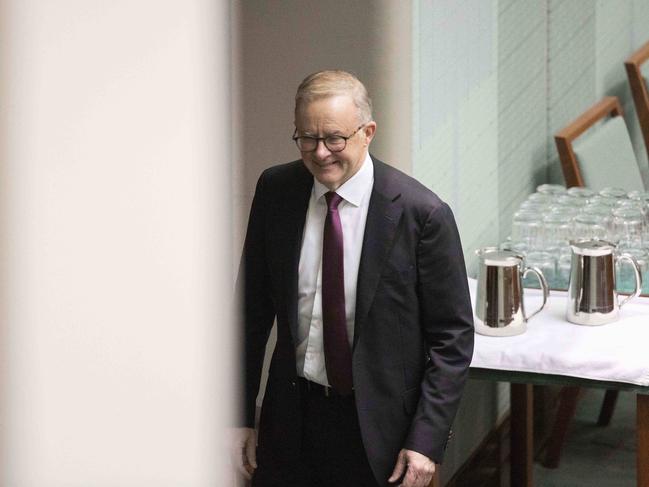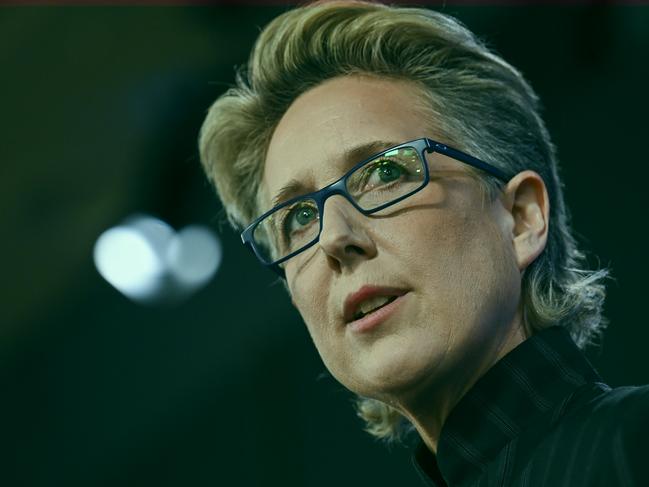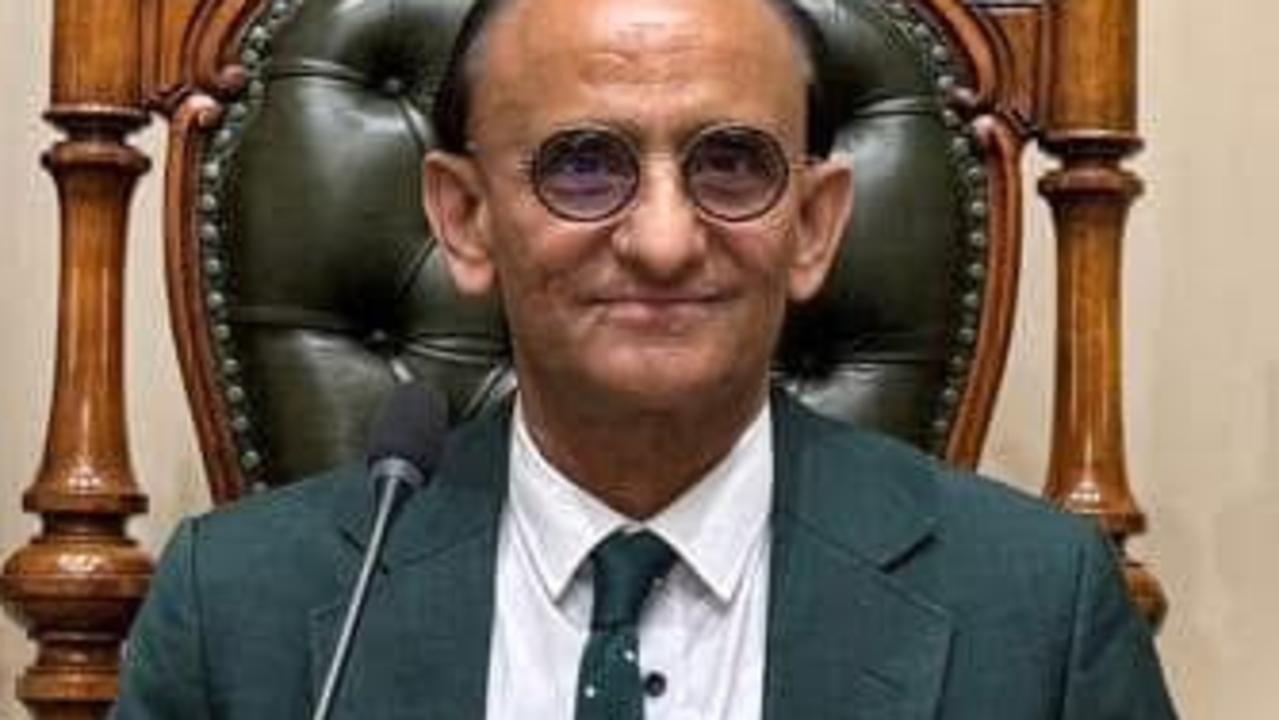Labor’s proposed anti-corruption commission powerless to investigate union officials
The Albanese government’s move to shield unions from scrutiny will give union officials the same protected status as Governor-General judges.

National
Don't miss out on the headlines from National. Followed categories will be added to My News.
Labor’s proposed anti-corruption commission will be powerless to investigate union officials who corruptly misuse powers granted to them to enter and shut down workplaces under federal legislation.
The chop-out, which will bar the National Anti-Corruption Commission from probing corrupt union conduct, will give their officials the same protected status as the Governor-General judges under the legislation introduced to parliament last week.
It was included in the legislation despite a statement earlier this month from ACTU Sally McManus that the union movement was not opposed to scrutiny from the proposed commission.
The move to shield unions from scrutiny comes as the Albanese Government plans to abolish the Registered Organisations Commission and the Australian Building and Construction Commission which monitor and police union conduct.
Under the proposed legislation the NAC covers any “individual (other than an official of a registered industrial organisation) who exercises powers, or performs functions, conferred on the individual by or under a provision of a law of the Commonwealth who exercises powers, or performs functions, conferred on the individual by or under a provision of a law of the Commonwealth.”

Unions are classified as registered industrial organisations under the Fair Work Act and Fair Work (Registered Organisations) Acts.
The Fair Work Act gives union officials the power to enter workplaces.
Union officials also frequently exercise powers in workplaces in their roles as health and safety representatives under the Work Health and Safety Act.
These powers include, the power to “direct work to cease in certain circumstances”.
Union officials are also given the power to bring actions in court to apply for civil penalties in the same way as the Fair Work Ombudsman.
But even if these powers are exercised corruptly the commission will be powerless to investigate.

Shadow Attorney-General Julian Leeser slammed the decision to exclude union officials from the legislation.
“Union officials can exercise more power over a Labor government than any humble NDIS worker ever could, yet union officials are given special protection by Labor which has made them immune from this corruption commission,” he said.
“While poor NDIS workers can be dragged off the street for interrogations and have their phones tapped, under Labor’s corruption commission union officials are given protection.”
He warned that under the legislation union officials “will have more power over Commonwealth officials in their workplace than the corruption commission will have over union officials.”

In February 2021 then Opposition Leader Anthony Albanese promised that “Labor will restore the Fair Work Commission to the centre of our workplace relations system by abolishing the discredited and politicised Registered Organisations Commission and the Australian Building and Construction Commission.”
A spokesman for Attorney-General Mark Dreyfus did not dispute union officials exercising Commonwealth powers were excluded but said they were still captured by other sections of the Bill.
“Union officials are not excluded – they’re treated the same way as any other third party who tries to adversely affect the honest or impartial exercise of a public official’s function,” he said.





